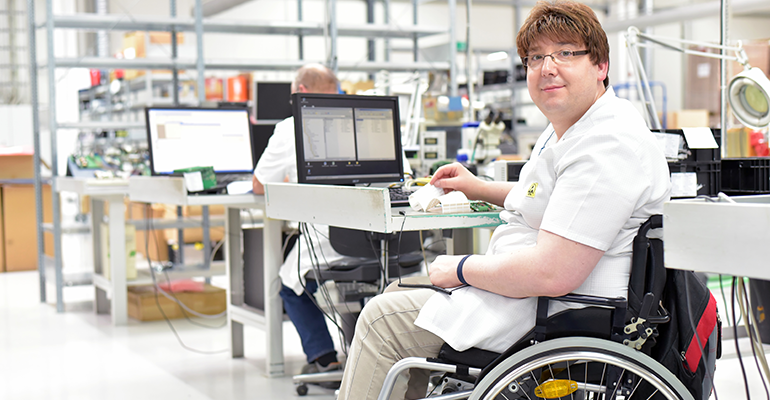At the end of January 2025, the Ministry of Social Policy, Demography and Youth, re-updated the new draft Law on Employment and Professional Rehabilitation of Persons with Disability, which should introduce a new system of employment for these persons. The new draft Law is expected to introduce a contemporary approach towards the employment of persons with disability on the open labour market, designed to be available for everyone. It is also expected to introduce professional and vocational rehabilitation into the system and ensure a systematic, consistent and structured way of financing all incentives from the state budget. The draft law on Employment and Professional Rehabilitation of Persons with Disability should be a priority, especially in conditions where the shortage of workforce in the economy significantly affects its development.
Priorities and recommendations of the Republic Centre – PORAKA in the area of employment of persons with intellectual disability
Leading priorities for persons with intellectual disability in this area are introduction of the quota system and professional rehabilitation, enhanced opportunities for employment on the open labour market and introduction of the supported employment model.
The position of the Republic Centre – PORAKA remains unchanged in the past years and advocates for the promotion of the model of supported employment on the open labour market. This does not mean that sheltered workshops should disappear, but rather there is a need for a change in the vision and mission of all shareholders who are involved in the process of employing people with intellectual disabilities. This change, to a certain extent, will also have to happen in relation to sheltered workshops, which should not be the automatic and only choice for employment of persons with intellectual disability, but should offer opportunities for development of new qualifications as well. In that sense, the sheltered workshops can be used for preparing persons with intellectual disability and their transfer to the open labour market. It is of utmost importance when employing persons with intellectual disability, regardless of the model (sheltered workshops or employment in the public or private sector), to ensure that the environment, work tasks and support that are available are appropriate to their needs and aspirations. Therefore, different techniques for individual approach must be used, which will ensure adequate employment in accordance with the abilities and the possibilities of the person with intellectual disability.
Recommendations:
- Consistent introduction of the supported employment model for persons with intellectual disability in the new legal framework and gradual abandonment of the sheltered employment model.
- Introducing quota system for employment of persons with intellectual disability in the public administration and on the open labour market, which will ensure inclusion in the mainstream society life.
- Taking measures to reduce the abuse of persons with intellectual disability at the workplace. The Republic Centre – PORAKA’s analyses indicate that employed persons with intellectual disability are often victims of discrimination, harassment, prejudices and abusive attitudes at the workplace.
- Taking measures to detect and sanction the fictive employment. There are cases initiated by employers when persons with intellectual disability conclude employment contracts, but do not start work, and in return they receive a small amount of money. On the other hand, the employer uses the benefits according to the Law on Employment of Disabled Persons, which represents a classic example of abuse.
- Strengthening the mechanism for monitoring and control the employer’s attitudes towards the employees with intellectual disability, as extremely important for effective realisation of the right to employment.



